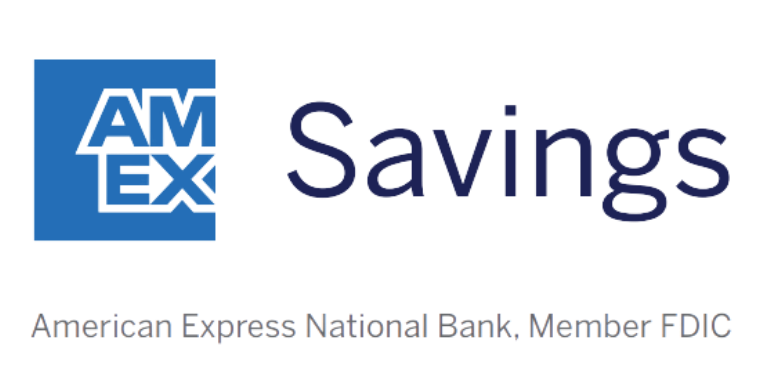When Richard Nixon was in the White House, Congress passed the Bank Secrecy Act, requiring banks and credit unions to report large cash withdrawals and deposits. The goal was to crack down on money laundering. After 9/11, bank adherence to the law became even more critical.
The government still needed help from banks to identify money launderers trying to hide illegal activities like tax evasion and gambling. However, the feds were also on the lookout for those laundering money specifically to fund terrorists. And this is where the withdrawals you take from your savings account come into play.
What this means for you
Imagine that you’ve been saving to buy a used car and finally have the money you need. You find the perfect vehicle, negotiate a good price, and run by the bank to withdraw the necessary funds from your savings account. In total, you withdraw $10,100.
Your withdrawal is automatically flagged. Because it’s over $10,000, the bank is legally required to file a Currency Transaction Report (CTR) and file it with the Financial Crimes Enforcement Network (FinCEN).
Our Picks for the Best High-Yield Savings Accounts of 2024
|
Capital One 360 Performance Savings 
APY 4.25%
|
APY 4.25%
|
Min. to earn $0 |
|
CIT Platinum Savings 
APY 4.85% APY for balances of $5,000 or more
Min. to earn $100 to open account, $5,000 for max APY
|
APY 4.85% APY for balances of $5,000 or more
|
Min. to earn $100 to open account, $5,000 for max APY |
|
American Express® High Yield Savings 
APY 4.25%
|
APY 4.25%
|
Min. to earn $0 |
Bank employees know you and don’t believe for a moment that you’ve done anything wrong, but failure to make the report could result in hefty fines for the bank and might even result in criminal penalties. They file a report because they are legally obligated to.
Here’s the truth of the situation: Since you’re not laundering money and haven’t done anything wrong, you’ll never even know a report has been filed. FinCEN understands that a tiny percentage of reports filed are due to illegal activity. The vast majority concern honest people carrying out everyday banking activities.
In other words, you have nothing to worry about.
Attempting to skirt the law
Let’s say you can’t stand the idea of a CTR being filed with your name on it. So, instead of withdrawing over $10,000 from your checking account at one time, you spread smaller withdrawals out over a couple of weeks. You withdraw $500 one day, and a few days later, you return to withdraw $2,000. You continue to do this until you have the $10,100 you need to purchase the car.
The practice is called “cash structuring,” and it’s illegal. It’s common enough that bank employees are trained to look for it. If a bank employee doesn’t pick up on your actions, transaction monitoring software will likely identify the activity.
The point is that it’s unnecessary to make a big deal about a large withdrawal, even though you know a CTR must be filed. As mentioned, you never have to worry about engaging in an honest bank transaction. Only those who are breaking the law ought to be concerned.
If you’re the nervous type
If you tend to worry about things that “could” happen, do yourself a favor by creating a paper trail. For example, in this car-buying scenario, you should request a written document stating the agreed-upon price before heading to the bank.
Later, after you’ve paid for the vehicle, be sure to get a signed receipt from the seller. In fact, gather any documents tied to the transaction, including receipts related to registering and plating the car.
The odds may be one in a million that anyone will ever question you, but if it makes you feel more secure knowing you’ve got a paper trail available, it’s worth the trouble.
In the meantime, pat yourself on the back for putting enough away in a savings account to pay cash and avoiding interest payments. As you focus on making smart financial moves, the government remains committed to keeping you (and your bank account) safe.
